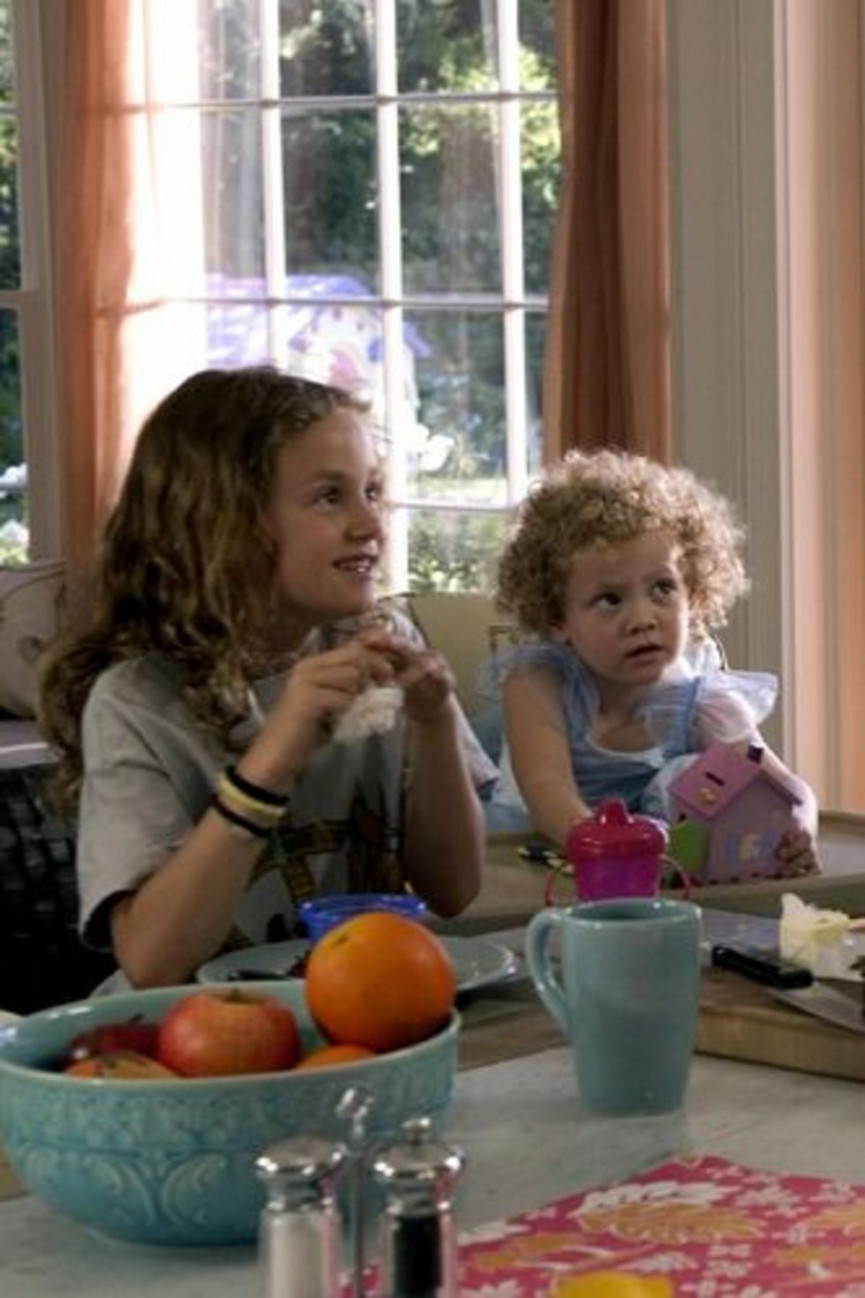

See the Box Office tab (Domestic) and International tab (International and Worldwide) for more Cumulative Box Office Records. But it would still bring a smile of approval to the lips of the starchiest old-Hollywood censor.All Time Domestic Box Office (Rank 401-500)Īll Time International Box Office (Rank 1,401-1,500)Īll Time Worldwide Box Office (Rank 701-800)Īll Time Domestic Box Office for R MoviesĪll Time International Box Office for R Movies (Rank 301-400)Īll Time Worldwide Box Office for R Movies (Rank 101-200)

(Even Trainwreck’s staunchly anti-monogamy heroine comes to realize that what she wants most of all is a husband and stability.) That may be Knocked Up’s lasting legacy. Apatow’s movies look and sound liberal but are at their core conservative: consider the mores they advocate, the principles they favour, the values they embody.Īs much as they seem to celebrate a life of freedom and leisure, of bong-rips and good times and suspended adolescence, they are really, in the end, about accepting a very old-fashioned kind of responsibility and learning to see the satisfaction in settling down. More insidiously, Hollywood has adopted the politics that, one presumes, made Knocked Up and its successors so widely palatable. This is one of the more obvious influences Apatow has had on the studio comedy – and one of the more inexcusably negative. Knocked Up feud: Seth Rogen kind of buries the hatchet with Katherine Heigl - but wants apology.If the quintessential rom-com and its problematic themes are dead, I’m okay with that.Article content Recommended from Editorial This advertisement has not loaded yet, but your article continues below. Their earnest stoner antics would become the blueprint for hit after hit. Seth Rogen, Jonah Hill and Jason Segel would become the comedy stars du jour. Over the next several years, a host of successful Apatow productions, including Forgetting Sarah Marshall, Pineapple Express, Get Him to the Greek, and The Five Year Engagement, would usher in a period of radical change. But it was really Knocked Up two years later, followed a few months after by the Apatow-produced Superbad, that confirmed the formula’s triumphant effect. Things changed in 2005 when the arrival of The 40-Year Old Virgin on the last weekend of August – traditionally regarded as a moviegoing wasteland akin to early January – surprised everyone with its endearing and affable charm. It was a testament only to the dire state of the comedy that they enjoyed any kind of success commercially. These movies – DodgeBall, Old School, Envy, Duplex, Starsky and Hutch, Wedding Crashers, Along Came Polly, Blades of Glory – catered to a college crowd that had aged out of the bawdy teen raunch-comedy of years previous and, not unlike American Pie and its multitude of imitators, derived their laughs from fancifully scandalous scenarios, gross-out gags, and a great deal of foul-mouthed riffing.įew of these films were received warmly by critics, and fewer still endure in the popular imagination or are remembered with particular affection. Even Dirty Grandpa had the touch.īefore Apatow, the prevailing studio model was the sort of crude, high-concept sit-com-ish blockbuster popularized by Ben Stiller, and which, for a number of summers in succession, tended to star some combination of Stiller, Will Ferrell, Owen Wilson, and Vince Vaughn. Countless films bear the influence of Apatow’s work: Neighbours, Sex Tape, Horrible Bosses, Bridesmaids, We’re the Millers, Identity Thief, Mike and Dave Need Wedding Dates.

Scott’s descriptions could of course apply as well to any of the films Apatow has written and directed since: Funny People, Trainwreck and Knocked Up’s semi-sequel This is 40 each charts a pat course from cynical to romantic – each begins vulgar but softens into sentimentality each seems shamelessly outrageous and yet in the end espouses traditional family values.īut could the same not be said of innumerable recent comedies? Scott described Knocked Up as though its virtues were novel. That conspicuous disparity – ribald farce on the one hand, old-fashioned moralism on the other – is the defining feature of the Apatow style, and it’s since become the hallmark of the studio comedy in general. Most saliently, as Scott notes, “while this movie’s barrage of gynecology-inspired jokes would have driven the prudes at the old Hays Office mad, its story, about a young man trying to do what used to be the very definition of the Right Thing, might equally have brought a smile of approval to the lips of the starchiest old-Hollywood censor.” File


 0 kommentar(er)
0 kommentar(er)
